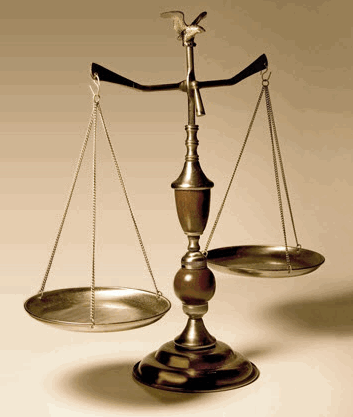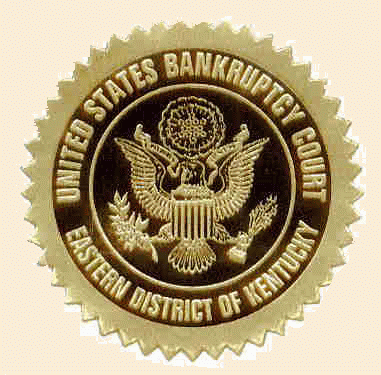


















This is an Advertisement
Carole Friend, Attorney
Click to Access Western KY
Bankruptcy Court Website
Click to Access Lexington KY
Bankruptcy Court Website
1. Mandatory credit counseling - the Bankruptcy Code requires that you must receive credit counseling during the 6 month
period prior to filing for chapter 13. Without this credit counseling, your case will end up being dismissed.
2. Filing a petition - Submit a petition, along with financial information, to the bankruptcy court in your area. Once you
have completed this part of the process, an automatic stay goes into place protecting you from harassment by creditors.
3. Trustee takes over - approximately 1-2 weeks after filing your petition, a court-appointed trustee will take over your
finances. They will review your paperwork and handle any actions to be taken on your property. Around this time, the
court will also set a date for a meeting with your creditors. The new law also requires you to submit a copy of your
most recent tax return to the trustee. Thist must happen prior to the next step in the process.
4. 341 Meeting (Meeting with creditors) - Anywhere from 21-50 days from filing, you will be required to meet with
the trustee and your creditors so that your creditors can get a better idea of your financial situation. During this
meeting, the trustee places the debtor under oath, and both the trustee and creditors may ask questions. In a chapter
13 case, to participate in distributions from the bankruptcy estate, unsecured creditors must file their claims with the
court within 90 days after the first date set for the meeting of creditors.
5. Unless the court grants an extension, the debtor must file a repayment plan with the petition or within 14 days
after the petition is filed. Fed. R. Bankr. P. 3015. A plan must be submitted for court approval and must provide for
payments of fixed amounts to the trustee on a regular basis, typically biweekly or monthly. The trustee distributes the
funds to creditors according to terms of the plan, which may offer creditors less than full payment on claims.
6. Within 30 days after filing the bankruptcy case, even if the plan has not yet been approved by the court, the debtor
must start making plan payments to the trustee. 11 U.S.C. § 1326(a)(1). If any secured loan payments or lease
payments come due before the debtor's plan is confirmed (typically home and automobile payments), the debtor
must make adequate protection payments directly to the secured lender or lessor - deducting the amount paid from
the amount that would otherwise be paid to the trustee.
7. No later than 45 days after the meeting of creditors, the bankruptcy judge must hold a confirmation hearing and
decide whether the plan is feasible and meets the standards for confirmation set forth in the Bankruptcy Code.
8. A chapter 13 debtor is entitled to a discharge upon completion of all payments under the chapter 13 plan so long as
the debtor: (1) certifies (if applicable) that all domestic support obligations that came due prior to making such
certification have been paid; (2) has not received a discharge in a prior case filed within a certain time frame (two years
for prior chapter 13 cases and four years for prior chapter 7, 11 and 12 cases); and (3) has completed an approved
course in financial management (if the U.S. trustee or bankruptcy administrator for the debtor's district has
determined that such courses are available to the debtor).
Phone: 502 542-2398
















